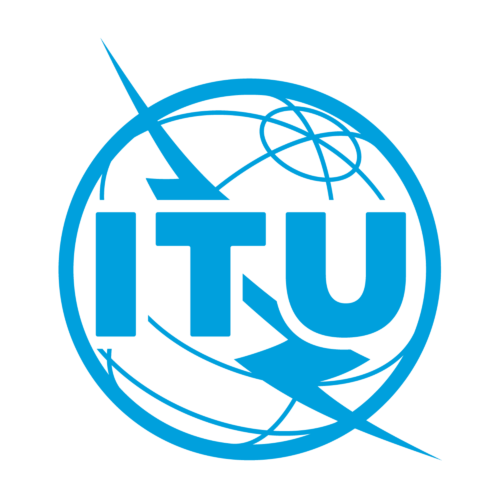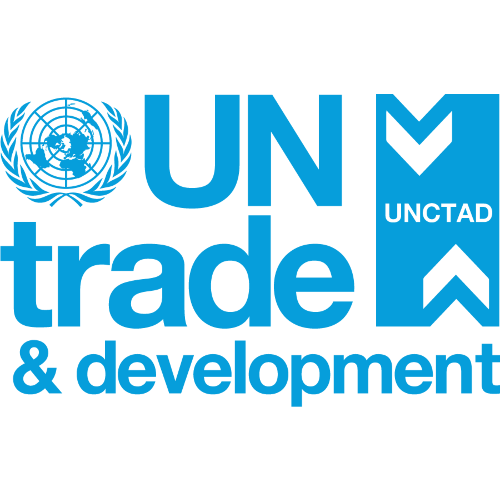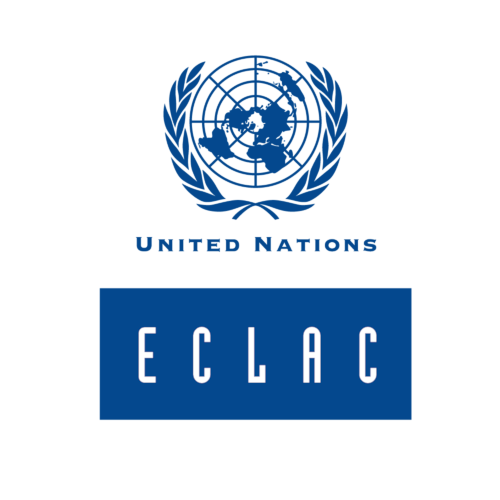Second Meeting
Second UNGIS Meeting — 17 July 2007

The UN Group on the Information Society (UNGIS) held its second meeting on 17 July 2007 at UNESCO Headquarters in Paris. The following UN and international organizations attended the meeting: FAO, ILO, ITU, OECD, UNCTAD, UNESCO, UN-HABITAT, UNHCR, UNIDO, UNITAR, UNRWA, UNWTO, UPU, WIPO and WMO.
The meeting was opened by Dr Hamadoun Touré, Secretary-General of ITU, who welcomed the participants in his capacity as the outgoing UNGIS Chair (June 2006 – July 2007). Highlighting that UN agencies are continuously looking for ways to improve the efficiency of WSIS implementation and follow-up, Dr Touré stressed the necessity for UNGIS to avoid overlapping of reporting mechanisms and to focus on implementation and building affordable access and connectivity.
He referred to key achievements of UNGIS over its first twelve months, including the establishment of links between UNGIS and other entities involved in WSIS implementation and follow-up, the creation of the UNGIS logo, the launching of a dedicated website, and the mapping of the activities of UN agencies in the field of information and communication for development.
Mr Koïchiro Matsuura, Director-General of UNESCO, congratulated Dr Touré for ITU’s leadership of UNGIS during the past year. He confirmed UNESCO’s commitment to exercise leadership to ensure that UNGIS continues to be one of the key implementation mechanisms for WSIS.
Mr Matsuura also stressed that it was crucial for the UN system to achieve a coherent follow-up to the WSIS outcomes, and that UNGIS played an important role in this regard, especially within the context of the current drive of the entire UN system to deliver as one. He encouraged UNGIS to work towards building knowledge societies, where people could express themselves freely, access and use information and knowledge, where cultural and linguistic diversity is seen as a richness, and where quality education was accessible to all.
He emphasized the importance for UNGIS to contribute to country level planning, in particular to the eight “One UN” pilot countries. He suggested that UNGIS could work through the UN country teams to propose to governments possible actions in response to national priorities in the area of information and communication for development.
Mr Matsuura concluded by expressing his hope that the UN Reform would provide a catalyst for harmonizing different business approaches and infrastructure systems, including IT-based systems and related information tools and stressing that the WSIS follow-up could provide important support in this regard, which would contribute significantly to the UN’s capacity to deliver as one.







